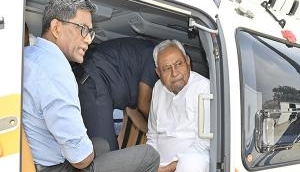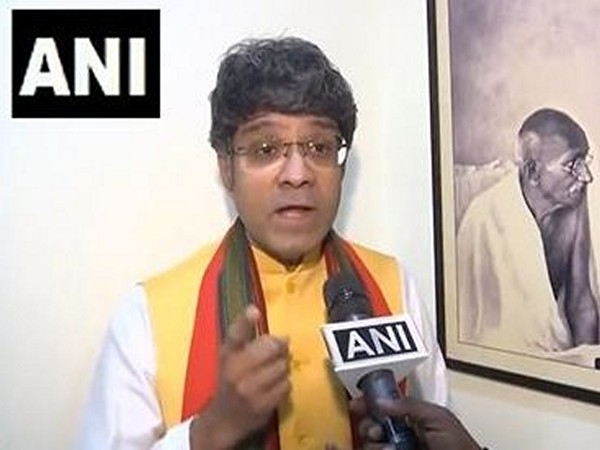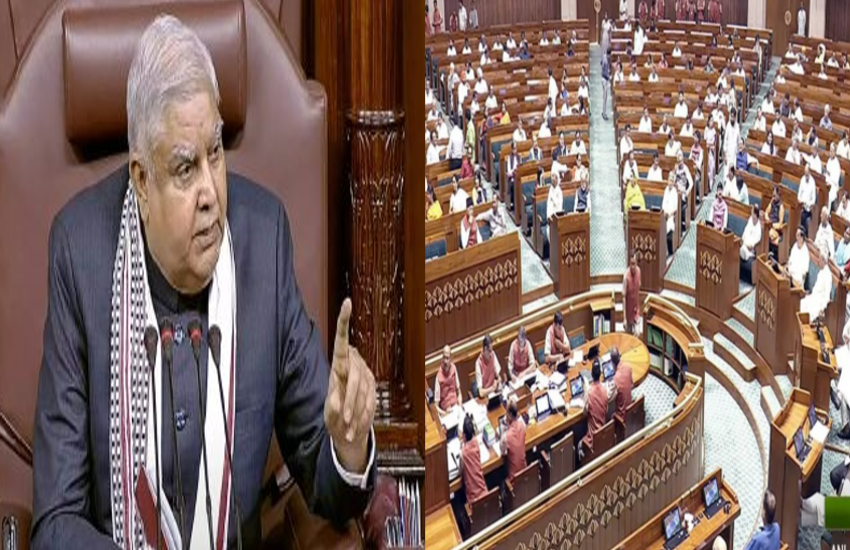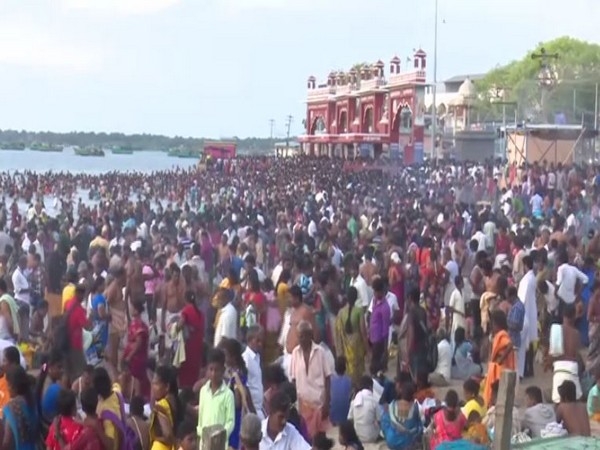How highways will be the next casualty of SC's liquor ban

The Supreme Court's order banning liquor outlets within 500 metres of national and state highways appears all set to have an unexpected casualty. While it is not certain how much of an impact the court order will have on drunken-driving, the way things are moving makes it seem quite likely that the ban will have an adverse effect on one of the most shining aspects of the infrastructure sector in India – its highways.
As excise department officials across the country have stepped up activities to enforce the ban and close liquor vends, state governments are finding out ways to circumvent the order.
The first, and possibly the easiest, solution appears to be to simply remove the 'highway' status of roads in as many affected areas as possible. State governments are within their rights to denotify state highways as district roads and many of them have reportedly already done it.
National highways are beyond the jurisdiction of state governments because of which several states and Union Territories have reportedly requested the Union road ministry to denotify stretches of national highways within their borders to district roads.
Chandigarh was possibly the first one to declared state highways as ‘major district roads’. By doing this, it reversed its own 20-year-old order through which ll major roads in the city had been notified as state highways.
Rajasthan government has also reportedly taken a cue from Chandigarh and has declared state highways passing through habitated areas as urban roads or district roads.
Uttar Pradesh too has followed the same model and has reportedly declared state highways that connect to a bypass as additional district roads.
There are reports that the Union Territory of Daman and Diu has also written to the Union road ministry to denotify some of the national highways within its territory as district roads. Some other states that have reportedly made verbal requests to this effect include Telangana, Punjab, Haryana, Goa and Kerala.
National Highways will suffer
While the ban may or may not go a long way in reducing incidents of drunken-driving on highways, the way state governments have decided to find their way around it may lead to several problems.
First, the Centre has been trying to bring more roads under the ambit of national highways and this objective will suffer. It has even relaxed the criterion for NH-status by reducing passenger car units (PCUs) from 15,000 to 10,000 for district and state roads. PCUs implies the number of vehicles crossing/using a road per day.
Two, the quality of highways is quite likely to go down after this because of the resultant change in the authority responsible for their upkeep.
National highways are built and managed by the National Highways Authority of India, a far more efficient agency than the Public Works Departments of states. State PWDs look after state highways.
The quality of national highways in the country has gone up multifold in the last two decades, contributing to economic growth by ensuring better transportation of people, as well as goods, from one corner of the country to another.
State roads, on the other hand, have not kept up at the same pace and in many states it is quite easy to identify the difference while leaving a national highway behind and stepping on to a state road.
If the existing state of affairs is used as an indicator, it means many stretches of national highways will soon witness a decline in quality. Highways are a major focus area of the Narendra Modi government and it will be interesting to see how the government decides to deal with this unimagined consequence of a Supreme Court-order.
First published: 4 April 2017, 18:06 IST





![BJP's Kapil Mishra recreates Shankar Mahadevan’s ‘Breathless’ song to highlight Delhi pollution [WATCH] BJP's Kapil Mishra recreates Shankar Mahadevan’s ‘Breathless’ song to highlight Delhi pollution [WATCH]](https://images.catchnews.com/upload/2022/11/03/kapil-mishra_240884_300x172.png)

![Anupam Kher shares pictures of his toned body on 67th birthday [MUST SEE] Anupam Kher shares pictures of his toned body on 67th birthday [MUST SEE]](https://images.catchnews.com/upload/2022/03/07/Anupam_kher_231145_300x172.jpg)






